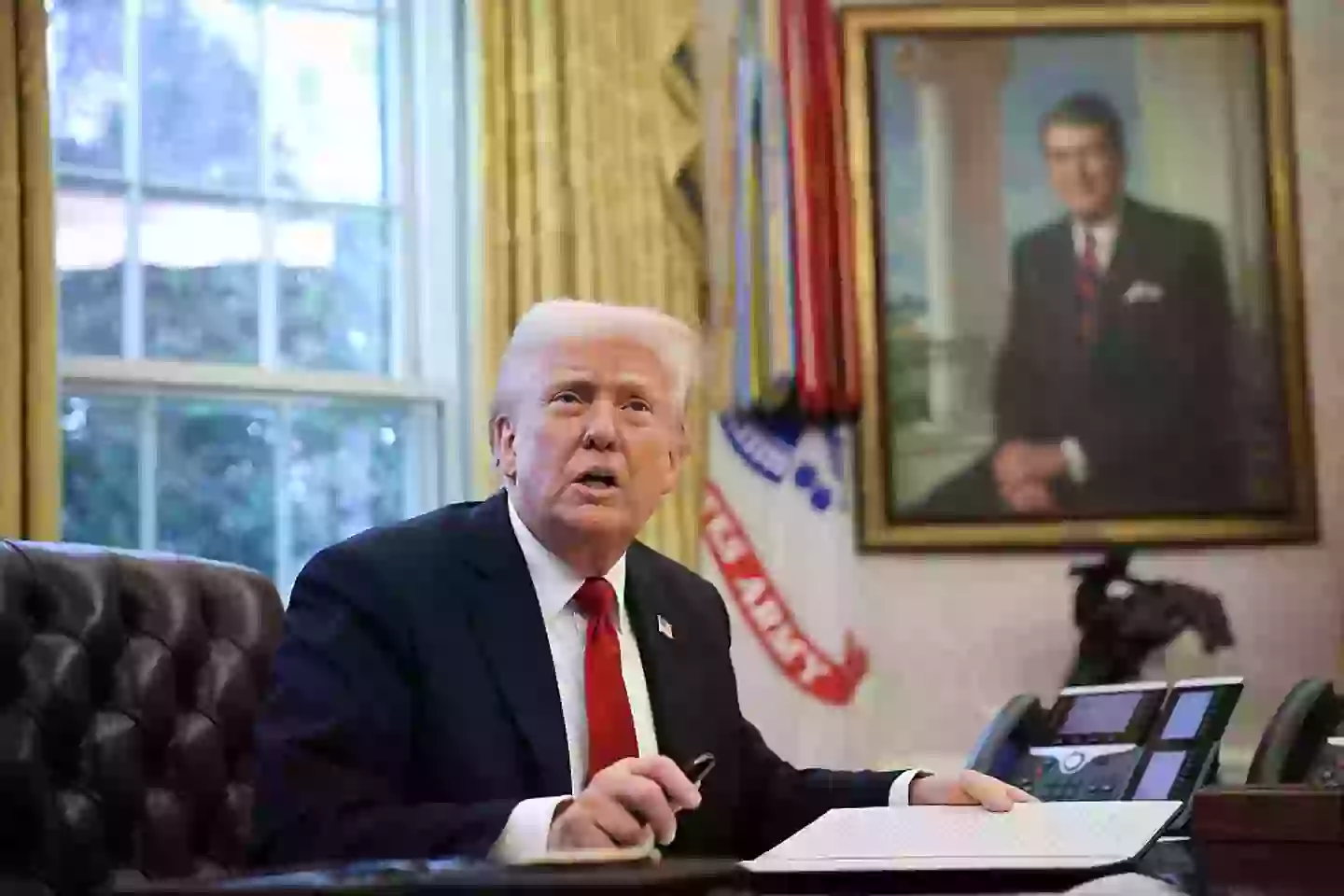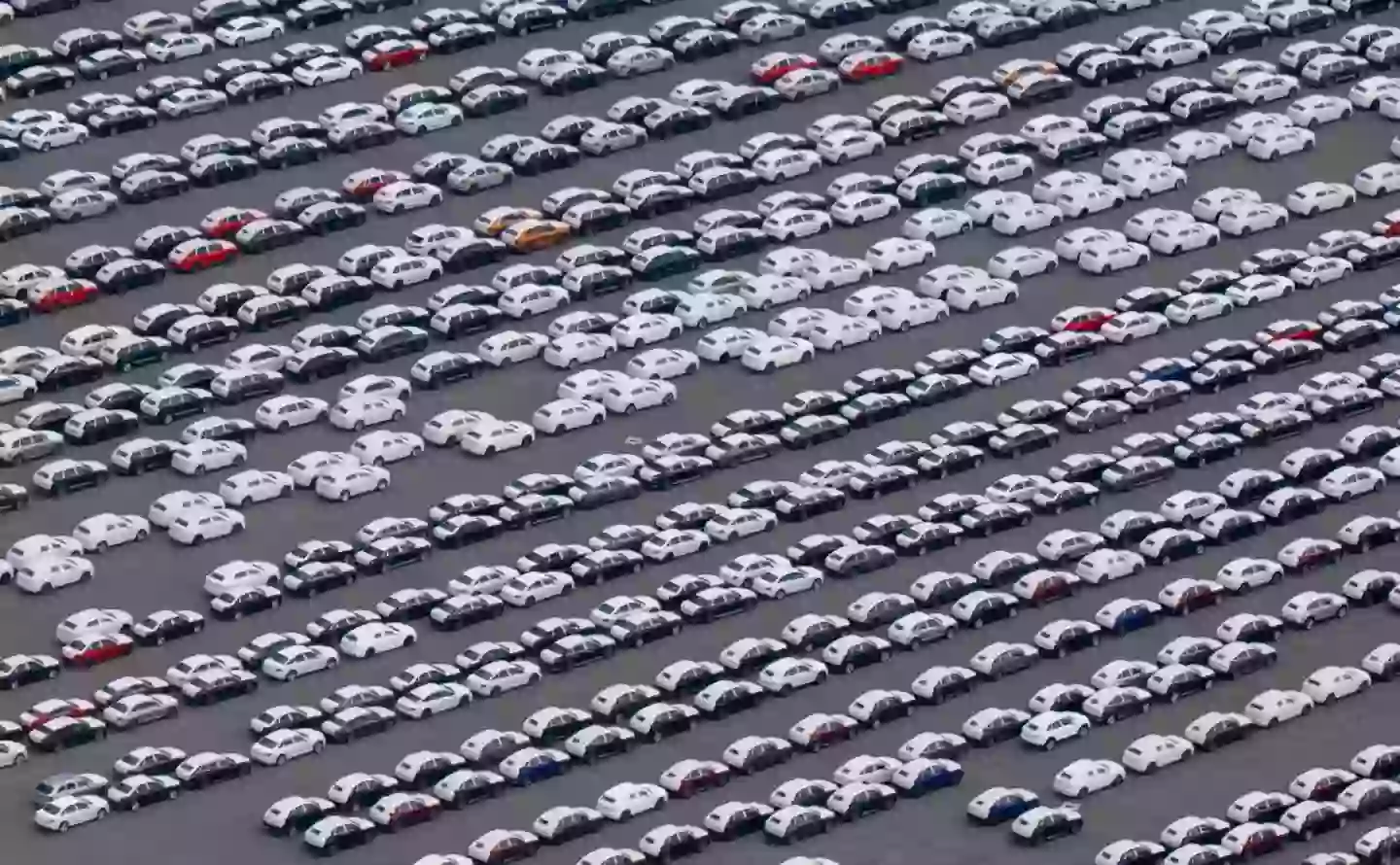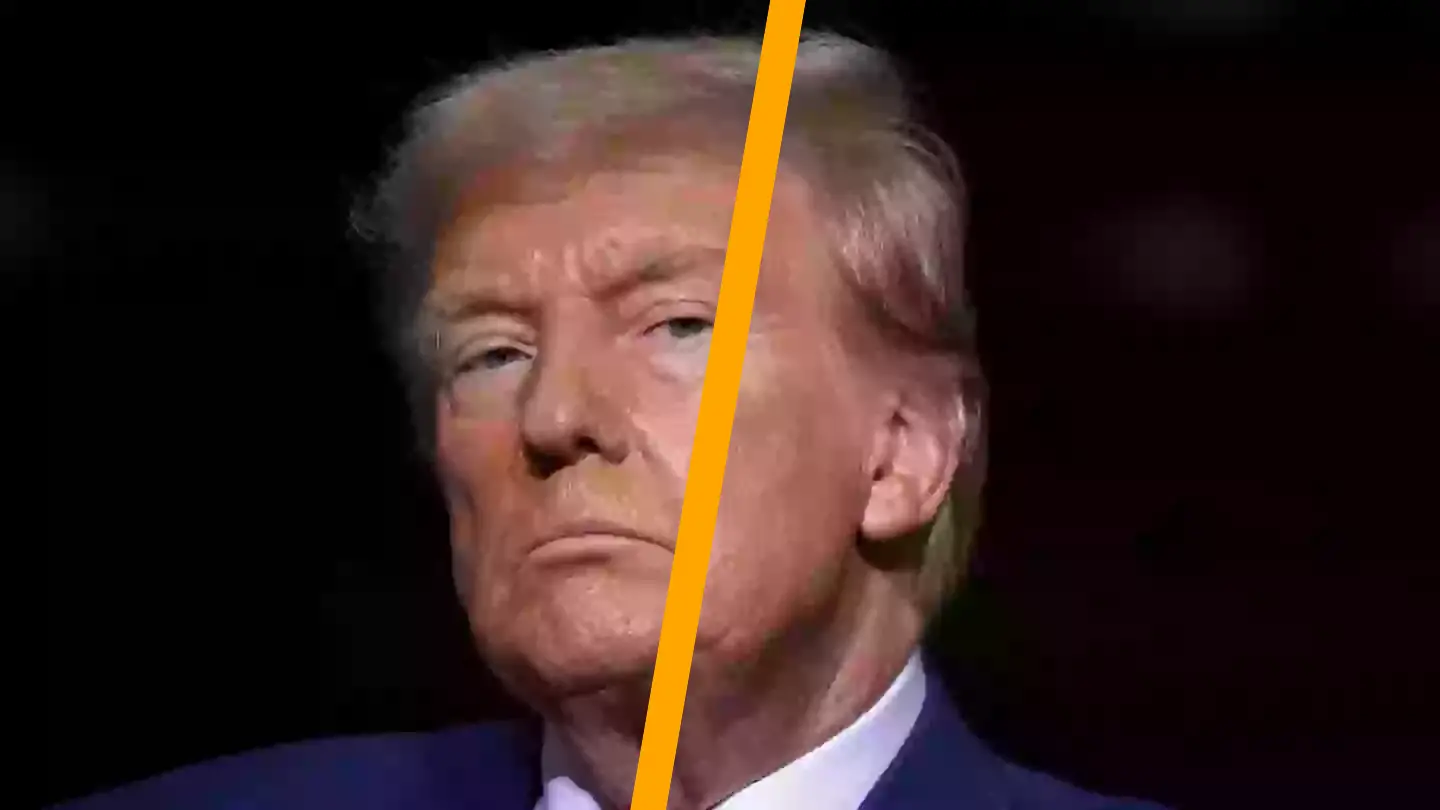Donald Trump’s highly anticipated ‘Liberation Day’ has arrived, bringing with it concerns for various nations regarding the tariffs that have been confirmed.
If you have missed Trump’s repeated mentions of ‘Liberation Day,’ it refers to today, April 2, when he is scheduled to appear in the Rose Garden of the White House to announce significant tariffs impacting numerous countries worldwide.
The president expressed his enthusiasm for the occasion in his initial Truth Social post of the day, stating, “IT’S LIBERATION DAY IN AMERICA!”
However, not everyone shares the same excitement over the forthcoming announcement.
While details on the tariffs Trump plans to impose remain mostly unknown, White House press secretary Karoline Leavitt hinted that they would include reciprocal tariffs matching other countries’ tariffs dollar for dollar.

One confirmed measure set into motion today is a 25 percent import tax on cars entering the US. This charge on businesses importing vehicles will commence tomorrow (April 3), while taxes on car parts are anticipated to start sometime after May.
President Trump asserted that the tariff would lead to ‘tremendous growth’ in the US automobile industry, fostering job creation and investments. However, these potential benefits in the US come at a substantial cost for Germany.
Germany stands as Europe’s leading car producer, having manufactured approximately 4.1 million cars, including nearly 1.3 million electric vehicles, in 2024.
Economists have acknowledged that the country is at the ‘heart of the storm’ concerning the new measures.

According to NBC News, economists Inga Fechner and Rico Luman from Dutch bank ING commented, “Germany’s car industry is in the eye of the storm and by far most exposed in terms of value, with major players like Volkswagen, BMW, Mercedes, and Porsche likely getting hit by tariffs.”
Oliver Chapman, Group CEO of supply chain management firm OCI, discussed the expected impact of the tariffs on Germany with The Express, saying: “The automotive industry will be heavily impacted by ‘Liberation Day’ as described by Trump’s tariffs announcement.
“Germany will likely be impacted the most with a 25 percent tariff on foreign-made vehicles. This is an effort to get more Americans to buy domestically produced vehicles.
“The US is a major importer of BMW and Mercedes-Benz,” Chapman noted. “It consistently ranks as one of the top two purchasers of these makes, regularly swapping places with China. Both of these car manufacturers could be seriously impacted on Wednesday.”
Although Germany is anticipated to be significantly affected by Trump’s move, Fechner and Luman pointed out that it is not the only country that will feel the impact.
They added: “Slovakia – home to several car plants – is most exposed in terms of total US export volume.”

